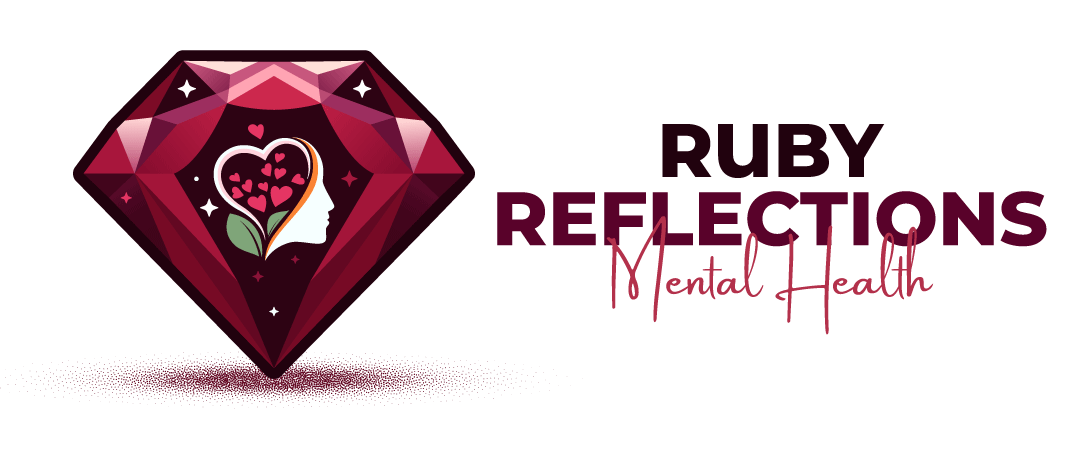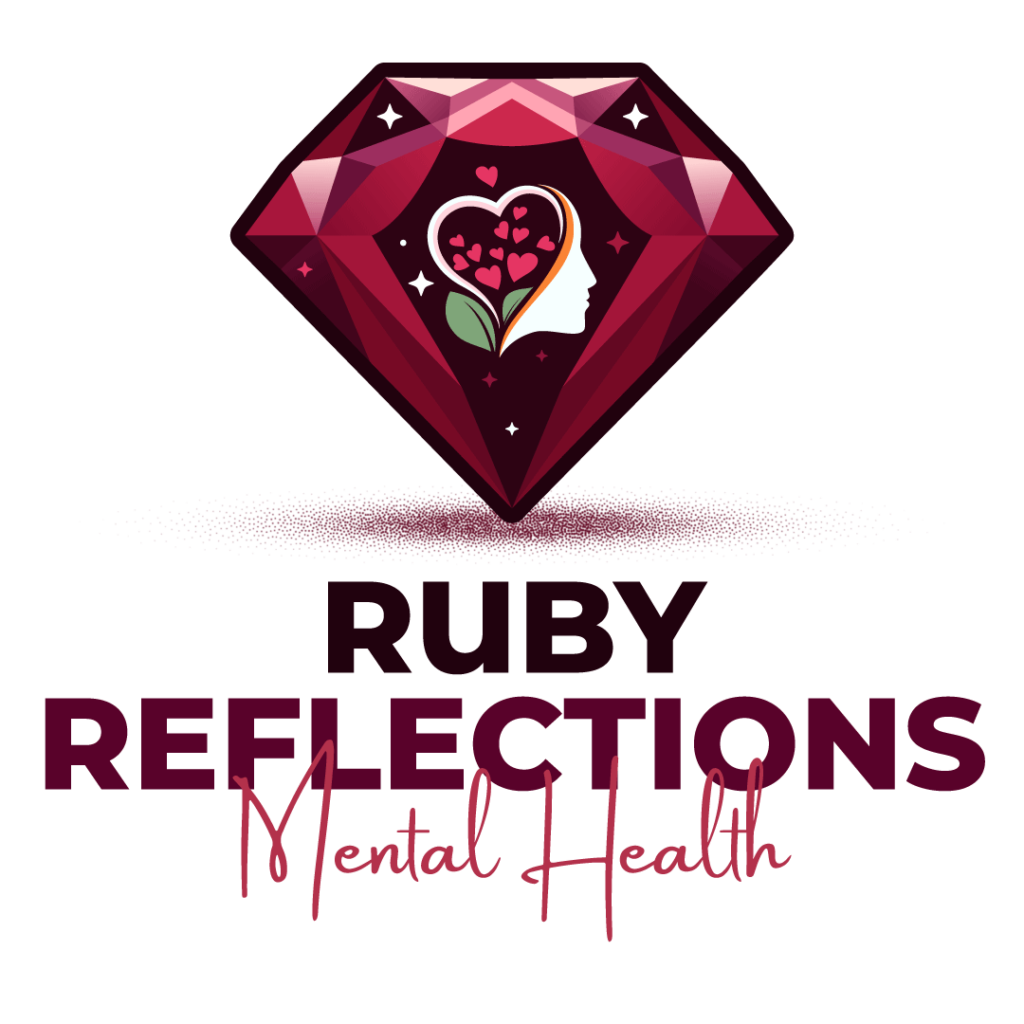Psychotic Disorders/ Schizophrenia
Definition
Psychotic disorders, including schizophrenia, are severe mental health conditions characterized by abnormalities in thinking, perception, emotions, and behavior. Schizophrenia is one of the most common psychotic disorders and is marked by episodes of psychosis, including hallucinations, delusions, and disorganized thinking.

Symptoms
The symptoms of schizophrenia and other psychotic disorders are typically categorized into positive, negative, and cognitive symptoms.
Positive Symptoms
● Hallucinations: Sensory experiences without an external stimulus, most commonly auditory hallucinations (hearing voices).
● Delusions: Strongly held false beliefs that are not based in reality, such as believing one has special powers or is being persecuted.
● Disorganized Thinking: Incoherent or illogical thought patterns, making it difficult to communicate effectively.
● Disorganized or Abnormal Motor Behavior: This can include unpredictable agitation, catatonia (lack of movement), or bizarre movements.
Negative Symptoms
● Affective Flattening: Reduced expression of emotions, such as facial expressions or voice tone.
● Alogia: Limited speech output or difficulty in finding words.
● Anhedonia: Inability to experience pleasure from normally enjoyable activities.
● Asociality: Lack of interest in social interactions or forming relationships.
● Avolition: Decreased motivation to initiate and sustain purposeful activities.
Cognitive Symptoms
● Impaired Executive Function: Difficulty with planning, organizing, and completing tasks.
● Attention Deficits: Problems with concentrating or maintaining focus.
● Memory Issues: Challenges with working memory, such as trouble remembering instructions or information just read.
How We Can Help
Supporting individuals with schizophrenia and other psychotic disorders involves a comprehensive approach that includes psychological therapies, educational support, and lifestyle modifications. Here’s how we can help:
Support Groups
Connecting individuals with peer support groups where they can share experiences and gain support from others who understand their condition.
Case Management
Providing access to case managers or social workers who can help navigate healthcare systems, connect with community resources, and manage daily living activities.
Crisis Intervention
Ensuring access to crisis intervention services for immediate support during acute episodes or emergencies.
Stable Environment
Creating a stable, supportive, and low-stress environment at home to reduce the risk of symptom exacerbation.
Healthy Lifestyle
Encouraging a balanced diet, regular physical exercise, and adequate sleep to improve overall well-being.
Stress Management
Teaching stress management techniques such as mindfulness, relaxation exercises, and breathing techniques to help cope with daily challenges.
Psychoeducation
Providing information about the disorder to both individuals and their families to improve understanding and management of the condition.
Vocational Training
Assisting individuals in developing skills that can help them find and maintain employment, which can improve self-esteem and independence.
Cognitive Behavioral Therapy (CBT)
CBT helps individuals challenge and change unhelpful cognitive distortions and behaviors, improve emotional regulation, and develop personal coping strategies.
Family Therapy
Involving family members in therapy to educate them about the disorder and teach them how to support their loved one effectively.
Social Skills Training
Helping individuals improve their social interactions, communication skills, and ability to build and maintain relationships.
Reach Out
If you're going through a tough time with your mental health and thinking about Schizophrenia, please reach out to us.
Many people have found relief and improved their mental health through appropriate Schizophrenia.
Don't hesitate to get in touch if you have questions or if you're ready to learn more about Schizophrenia as part of your treatment.

Contact
- TX/WA: 469-250-1544
- NY/NJ: 347-378-3144
- info@rubyreflectionsmh.com
- Dallas, TX 75227
- Brooklyn, NY 11249
- Jersey City, NJ 07310
- Seattle, WA 98104
- Monday- Saturday (0800-2100)
- Sunday (closed)
Copyright © 2024 Ruby Reflections. – Psychiatric Evaluation. All Rights Reserved.


